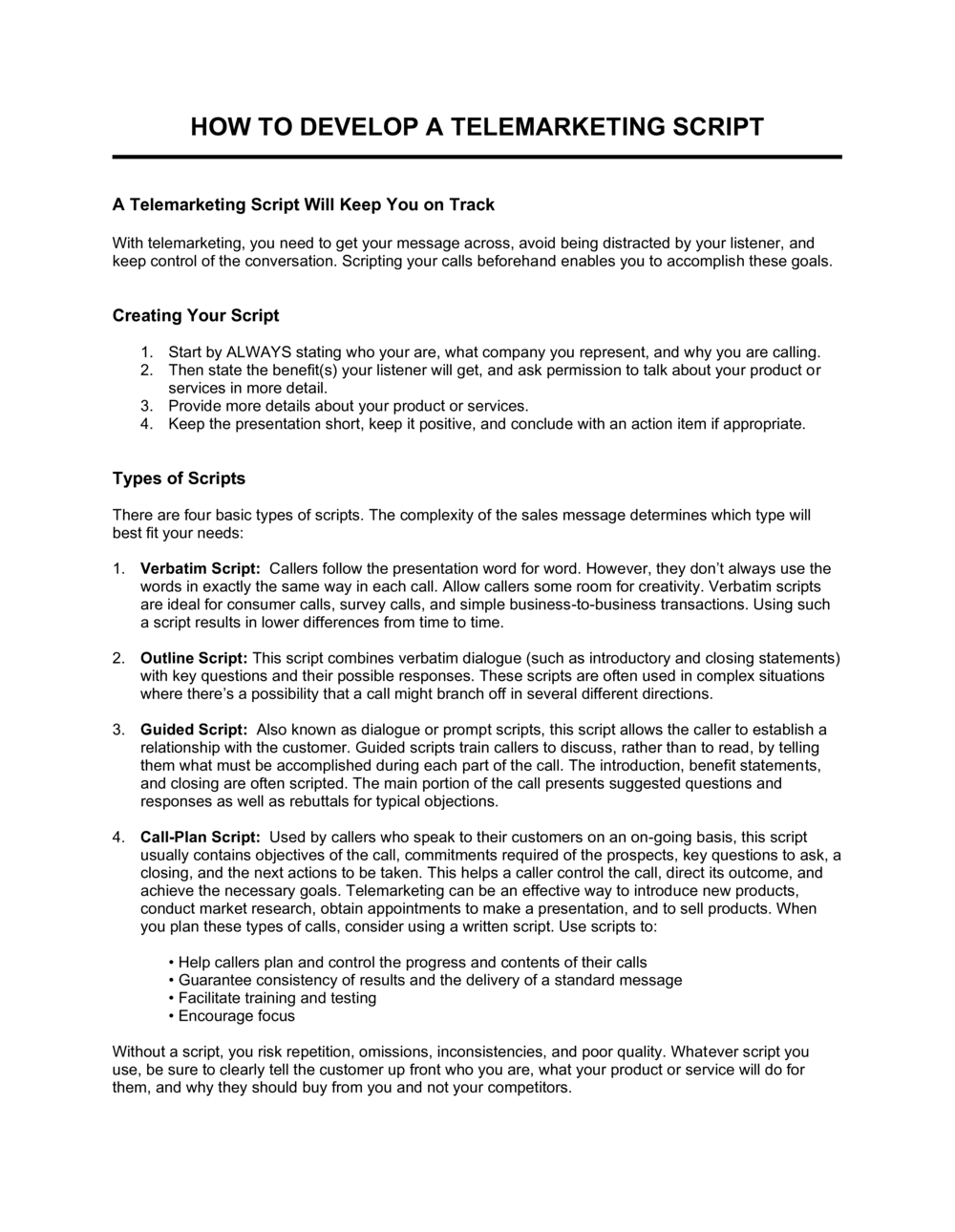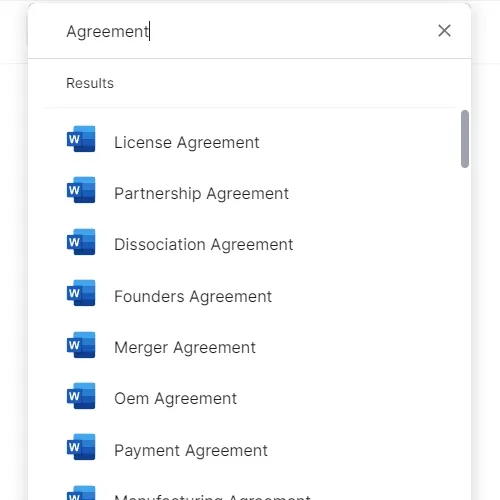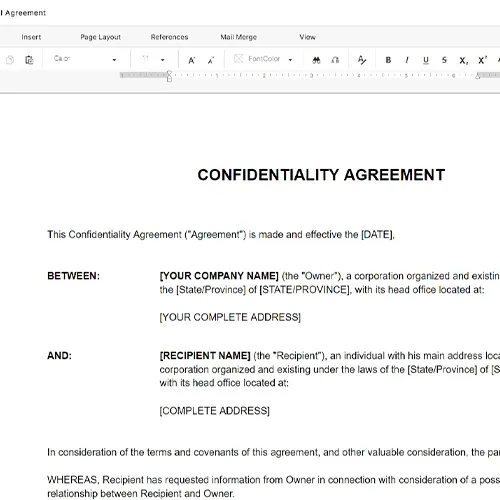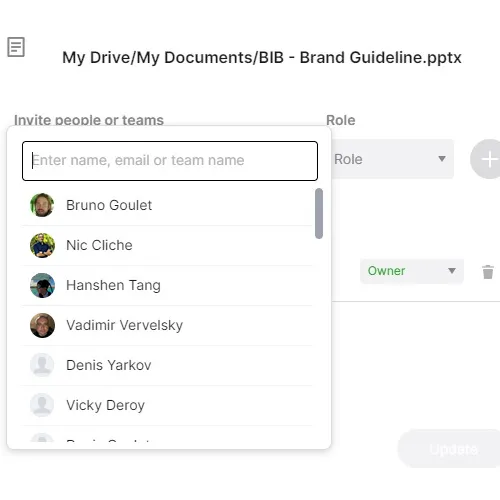How to Develop a Script Template

Document content
This how to develop a script template has 2 pages and is a MS Word file type listed under our sales & marketing documents.
Sample of our how to develop a script template:
HOW TO DEVELOP A Telemarketing Script A Telemarketing Script Will Keep You on Track With telemarketing, you need to get your message across, avoid being distracted by your listener, and keep control of the conversation. Scripting your calls beforehand enables you to accomplish these goals. Creating Your Script Start by ALWAYS stating who your are, what company you represent, and why you are calling. Then state the benefit(s) your listener will get, and ask permission to talk about your product or services in more detail. Provide more details about your product or services. Keep the presentation short, keep it positive, and conclude with an action item if appropriate. Types of Scripts There are four basic types of scripts. The complexity of the sales message determines which type will best fit your needs: Verbatim Script: Callers follow the presentation word for word. However, they don't always use the words in exactly the same way in each call. Allow callers some room for creativity. Verbatim scripts are ideal for consumer calls, survey calls, and simple business-to-business transactions. Using such a script results in lower differences from time to time. Outline Script: This script combines verbatim dialogue (such as introductory and closing statements) with key questions and their possible responses. These scripts are often used in complex situations where there's a possibility that a call might branch off in several different directions. Guided Script: Also known as dialogue or prompt scripts, this script allows the caller to establish a relationship with the customer. Guided scripts train callers to discuss, rather than to read, by telling them what must be accomplished during each part of the call. The introduction, benefit statements, and closing are often scripted. The main portion of the call presents suggested questions and responses as well as rebuttals for typical objections. Call-Plan Script: Used by callers who speak to their customers on an on-going basis, this script usually contains objectives of the call, commitments required of the prospects, key questions to ask, a closing, and the next actions to be taken. This helps a caller control the call, direct its outcome, and achieve the necessary goals
Reviewed on

Document content
This how to develop a script template has 2 pages and is a MS Word file type listed under our sales & marketing documents.
Sample of our how to develop a script template:
HOW TO DEVELOP A Telemarketing Script A Telemarketing Script Will Keep You on Track With telemarketing, you need to get your message across, avoid being distracted by your listener, and keep control of the conversation. Scripting your calls beforehand enables you to accomplish these goals. Creating Your Script Start by ALWAYS stating who your are, what company you represent, and why you are calling. Then state the benefit(s) your listener will get, and ask permission to talk about your product or services in more detail. Provide more details about your product or services. Keep the presentation short, keep it positive, and conclude with an action item if appropriate. Types of Scripts There are four basic types of scripts. The complexity of the sales message determines which type will best fit your needs: Verbatim Script: Callers follow the presentation word for word. However, they don't always use the words in exactly the same way in each call. Allow callers some room for creativity. Verbatim scripts are ideal for consumer calls, survey calls, and simple business-to-business transactions. Using such a script results in lower differences from time to time. Outline Script: This script combines verbatim dialogue (such as introductory and closing statements) with key questions and their possible responses. These scripts are often used in complex situations where there's a possibility that a call might branch off in several different directions. Guided Script: Also known as dialogue or prompt scripts, this script allows the caller to establish a relationship with the customer. Guided scripts train callers to discuss, rather than to read, by telling them what must be accomplished during each part of the call. The introduction, benefit statements, and closing are often scripted. The main portion of the call presents suggested questions and responses as well as rebuttals for typical objections. Call-Plan Script: Used by callers who speak to their customers on an on-going basis, this script usually contains objectives of the call, commitments required of the prospects, key questions to ask, a closing, and the next actions to be taken. This helps a caller control the call, direct its outcome, and achieve the necessary goals
Easily Create Any Business Document You Need in Minutes.

Download or open template
Access over 3,000+ business and legal templates for any business task, project or initiative.

Edit and fill in the blanks
Customize your ready-made business document template and save it in the cloud.

Save, Share, Export, or Sign
Share your files and folders with your team. Create a space of seamless collaboration.



